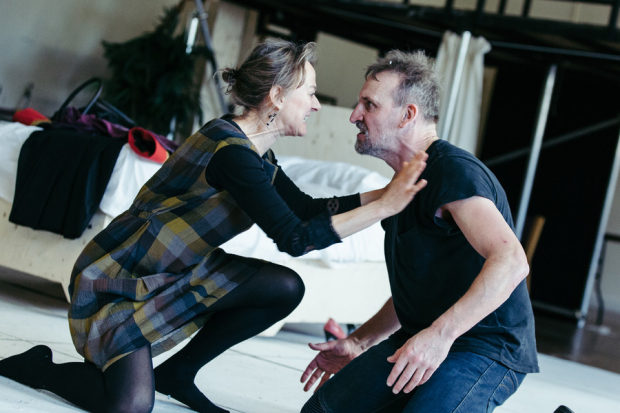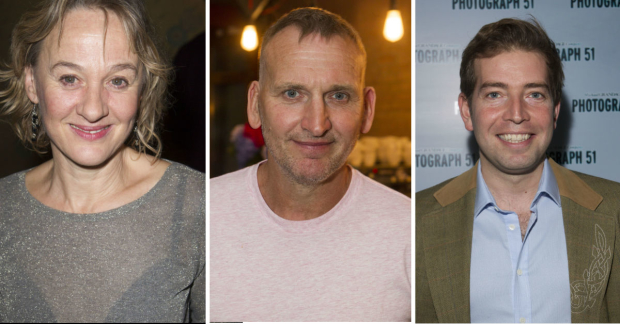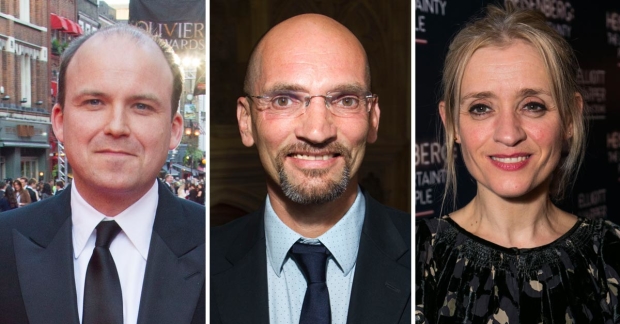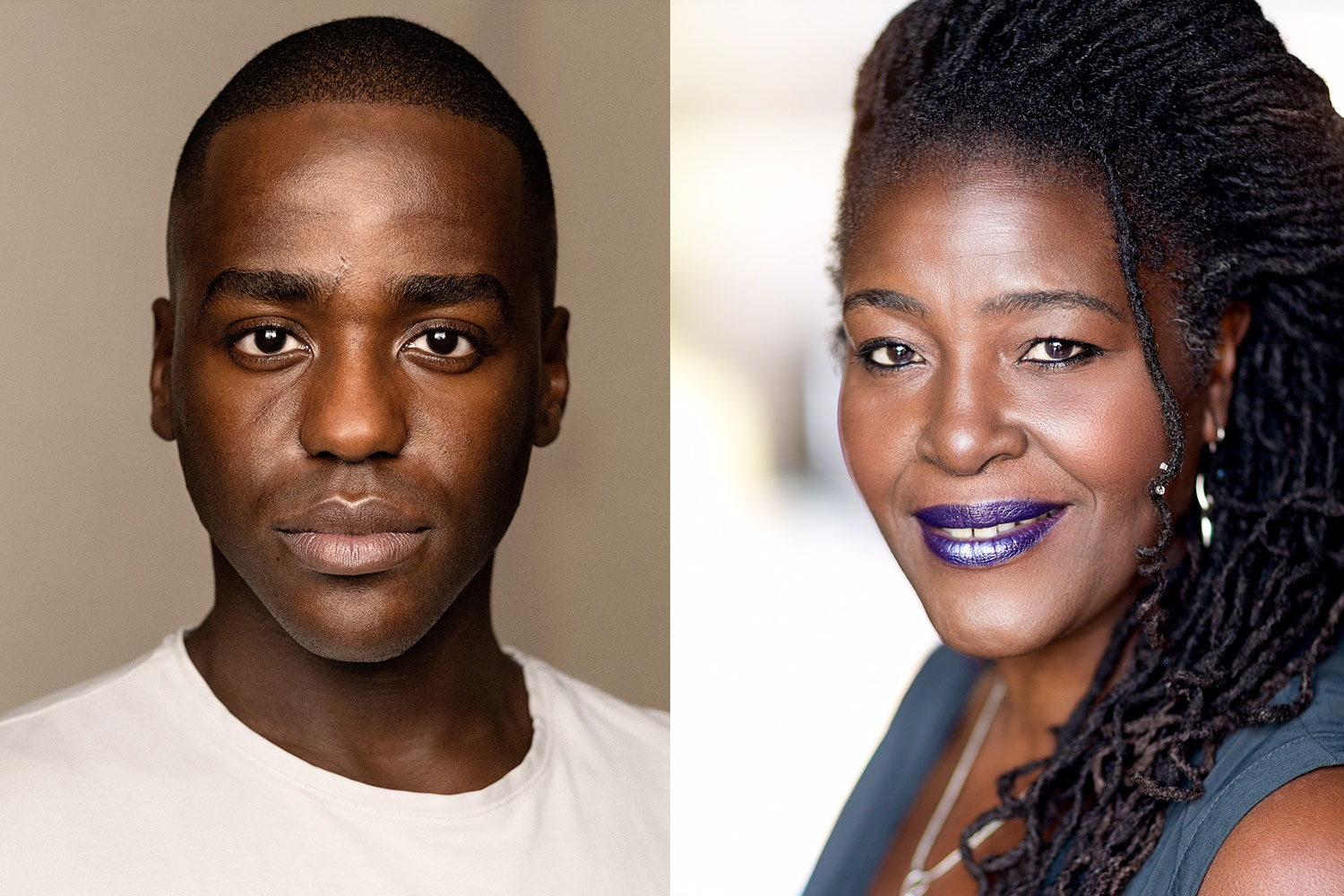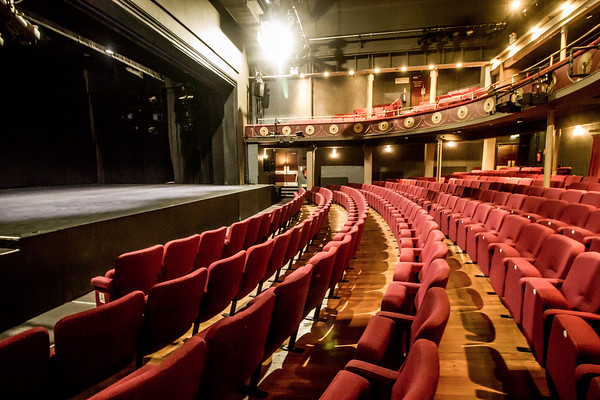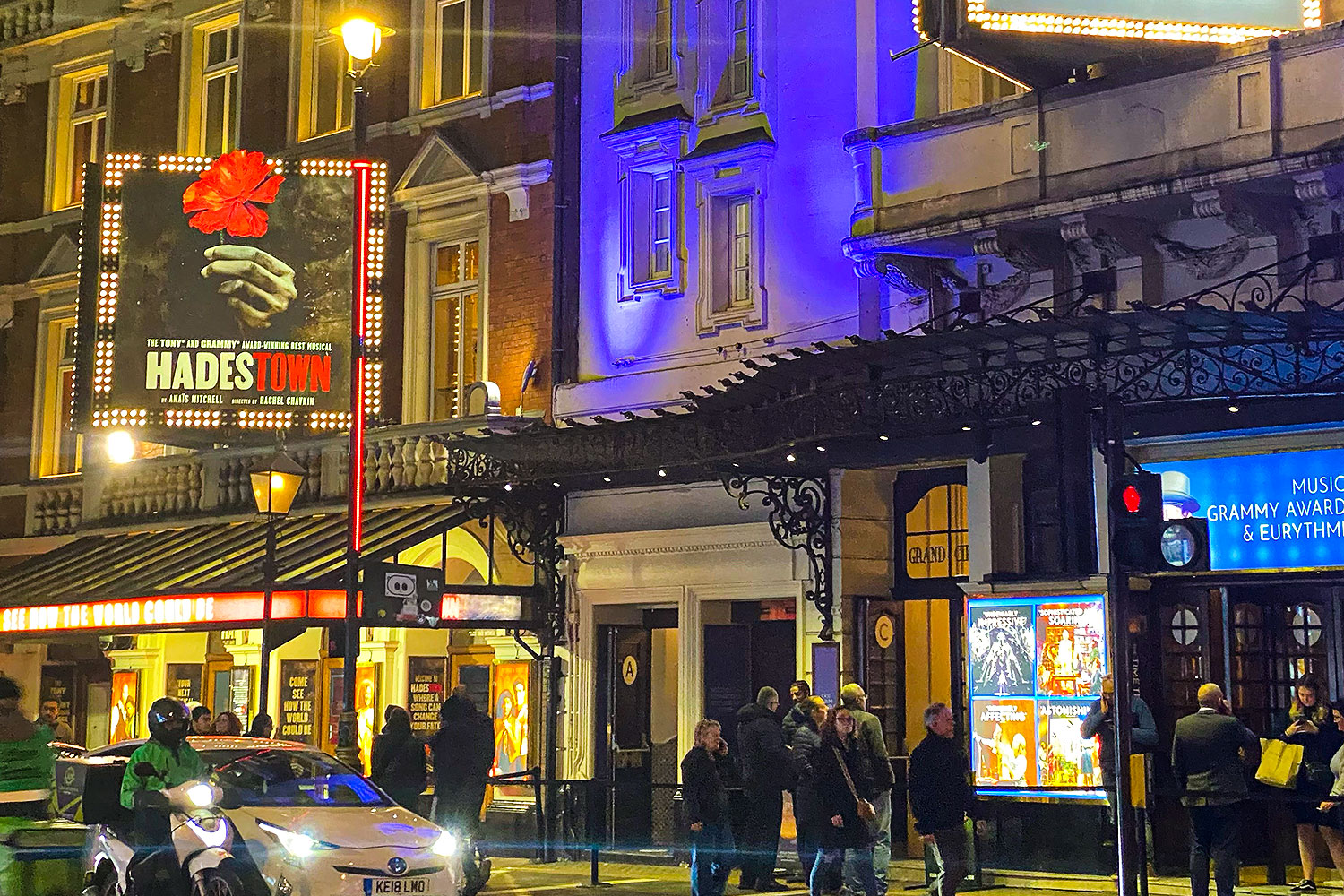Review: Macbeth (National Theatre)
Rufus Norris, artistic director of the National Theatre, last directed a play by Shakespeare 25 years ago, so it was brave of him suddenly to take on one of the most notoriously intractable tragedies in the notoriously unforgiving arena of the Olivier Theatre.
I admire him for taking Lady Macbeth’s advice and screwing his courage to the sticking place. But he has failed. This production is a misjudged mess, a horror show in all the wrong ways, and a terrible waste of the acting talents of Rory Kinnear and Anne-Marie Duff.
What is so dismaying is the lack of coherence. Interesting ideas flash by and then are lost in a welter of gory special effects. Speeches are shouted from poles or platforms at the back of the stage and you realise that even though you have listened carefully you haven’t understood a word. It is, as Macbeth himself might have noted, full of sound and a little bit of fury but signifies nothing.
It is ugly to look at. Designer Rae Smith has provided a backdrop of ragged plastic, that closely resembles black bin bags, and placed a steep ramp that moves like a rudder at the centre of the stage. Presumably her intention was to fill the space; the result is to dwarf the actors. The vibe is defiantly Mad Max and post-apocalyptic. There is no order for Macbeth to overthrow. The witches run around squealing, and the warriors make grunting noises.
We first see Macbeth hacking off an enemy’s head and hanging it from a pole in a transparent bag – a trope that becomes all too familiar as the action progresses. To begin with Kinnear makes him seem like a social outsider, uneasy in the company of Stephen Boxer’s vague Duncan but it’s a notion like so many that slips away. Duff’s Lady M is similarly unconventional, a rock chick in leather trousers, living in a bunker full of rubbish.
Their scenes together before and after Duncan’s murder are the best thing about the production. They find a way of making the famous lines conversational exchanges between an entirely convincing husband and wife. Duff, though saddled by Moritz Junge with some of the ugliest wardrobe choices imaginable including a party dress of pink, is particularly impressive. She suggests from early on that Lady Macbeth’s is a false courage; she starts at the slightest noise, shaken by the deed she has encouraged, and appalled by how it has changed her. The shadow of her childlessness lies between the couple like a savage wound.
Kinnear too discovers unexpected qualities in Macbeth. When the bell rings to call him to kill the king he finds a tenderness in the line "Hear it not, Duncan"; later there is a bitter, mocking irony in his dismissal of his wife’s suggestion that they try to sleep. This is a couple who have destroyed themselves by an act of violence. But he never takes us inside Macbeth’s head; his musings are all external. This is possibly because most of the time the towering soliloquies are delivered while he is in motion, negotiating objects and buildings that come towards him on the constantly revolving set.
As things progress, any insight the production might have offered is replaced by gimmicks. The murderers who kill Banquo appear like extras from The Jeremy Kyle Show, swigging lagers as they agree to take on the job. Banquo himself (a good performance by Kevin Harvey until this moment) becomes a zombie lurching around the stage at crucial moments. The dead rise, clutching plastic bags. Orlando Gough’s overly insistent score becomes so loud that it drowns out most of the words.
Worst of all, in a text that has been heavily cut, the witches have their dialogue so brutally truncated that the play’s constant dualism, its assertion that "fair is foul and foul is fair" and thus its great moral debate about the corrupting effects of evil are entirely lost. What’s left is a not very interesting story about a man who is tricked by some weird women. Even the final battle scenes, played at the same dully monotonous pace as the rest of the action, are unexciting and a bit silly.
There are brilliant things happening at the National at the moment, but this is yet another misfire in its largest space. Norris doesn’t play to a single one of his strengths. It would be disappointing in any theatre; at this venue it feels like an affront.
Macbeth runs at the National Theatre until 23 June and will tour the UK from September 2018 until March 2019.



